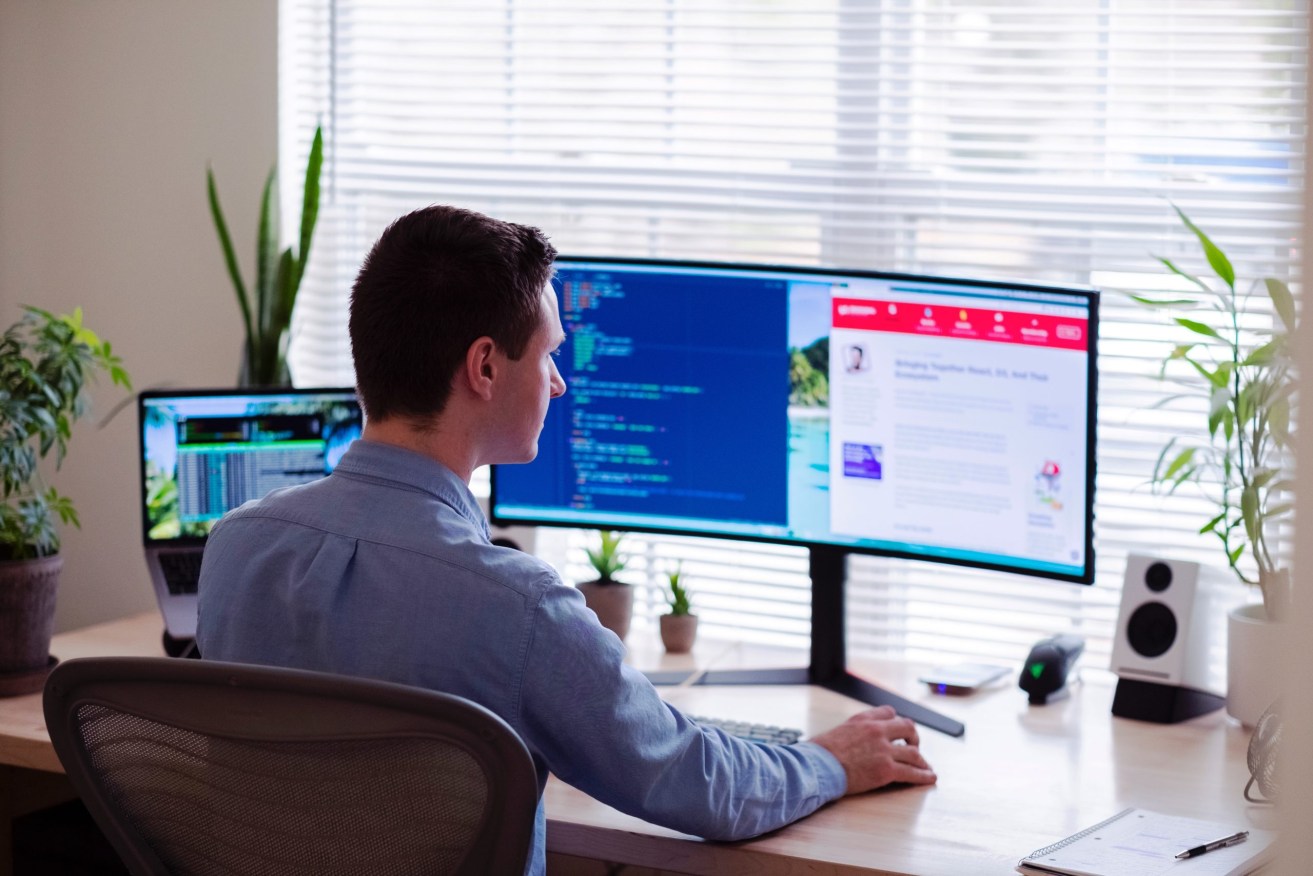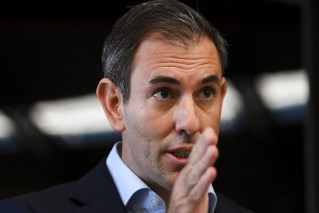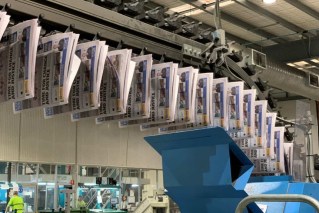Social enterprise or a digital divide? One thing’s for sure, work won’t ever be the same
COVID-19 has changed the way we work but what does the future hold, and is it good or bad for workers? Robert MacDonald checks in on what the big consulting firms think


The pace and scale of the shock caused by COVID-19 means Australia has already changed, and further change is inevitable. (Photo: Supplied)
What will the world of work look like after COVID-19?
It’s a topic the top-tier consulting firms have been pondering for months in a steady stream of reports, studies and posts.
Depending on which ones you read, the future is either a workers’ paradise where warm and caring companies think as much about their people as their profits or it’s a tough digital world where those without the skills get left behind.
First, the harsh technological future as seen by big four consultancy, PWC, which argues the pandemic has increased the already urgent need to boost the digital skills of Australian workers.
“The pace of technological change triggered by COVID-19 is unprecedented,” it says in its report, Where next for skills? How business-led upskilling can reboot Australia.
PWC warns this surge to digitalisation and automation will have broader implications for society.
“It will exacerbate the digital divide, making it increasingly harder for individuals to overcome barriers of access, affordability, and importantly digital ability,” it says.
“Workers who have the opportunity to upskill and improve their digital acumen on the job will have a significant advantage over those who do not.”
PWC notes that Australia was already in prolonged productivity slump before COVID-19 and lagging behind other countries in preparing workers for the future.
The World Economic Forum, in 2019, ranked Australia’s population 24th in the world for digital skills, behind the United States, Philippines, Malaysia, Lebanon and Estonia.
The answer according to PWC?
“What Australia needs now is a business-led recovery that’s built on upskilling and supported by government initiatives.”
Another of the big-four consulting firms, Deloitte, had a decidedly more optimistic, if not idealistic, view of a post-pandemic world.
Its recently released 2021 Deloitte Global Human Capital Trends report forecasts the development of companies into “social enterprises”.
Social enterprises? Here’s Deloitte’s definition.
“Being distinctly human at the core is the essence of what it means to be a social enterprise.”
What?
Well, as Deloitte explains it, “in today’s world of perpetual disruption, it’s time for organisations to shift from a “survive” mindset to a “thrive” mindset”.
“Making this shift depends on an organisation’s becoming – and remaining – distinctly human at its core, because today’s environment of extreme dynamism calls for a degree of courage, judgement and flexibility that only humans can bring.”
And if that’s not clear enough, here’s more:
“To combine revenue growth and profit-making with respect and support for its environment and stakeholder network, an organisation needs to ground itself in a set of human principles: purpose and meaning, ethics and fairness, growth and passion, collaboration and relationships, and transparency and openness,” Deloitte opines.
It might sound more like something newly woke Prince Harry and Meghan might say, rather than a big-name consulting firm, but if Deloitte’s view of the future is right then it’s good news for workers.
That’s because companies that are social enterprises are apparently likely to spend much more time thinking about their employees’ well-being.
This could include, for instance, “Integrating workers’ physical, mental, financial, and social health into the design of work itself rather than addressing well-being with adjacent programs.”
Or perhaps it could mean, “giving workers more control over what work they do and what learning experiences to pursue.”
And that’s a plus for companies in thrive mode, according to Deloitte because “aligning workers’ passions and interests with organisational needs can improve an organisation’s performance … because workers are more motivated and engaged in their work and learning.”
It might all sound too good to be true — a post-pandemic world where companies are not only warm and caring but also thriving and profitable. Or you could argue, why do we need a pandemic to encourage companies to be nice to their staff?
But whether Deloittes’ sunny view of the future or PWC’s rather more grim take on our lack of preparedness for what’s ahead, one thing is clear, we can’t go back again.
“There is a risk that Australians aspire to return to a nation as it was before the pandemic,” PWC warns.
“Such nostalgia would be a mistake; both in the desirability of that previous state and the ability to return to it.
“The pace and scale of the shock caused by COVID-19 means that Australia has already changed, and further change is inevitable.”
The question remains just what that change might be and will it be for the better of the worse?












